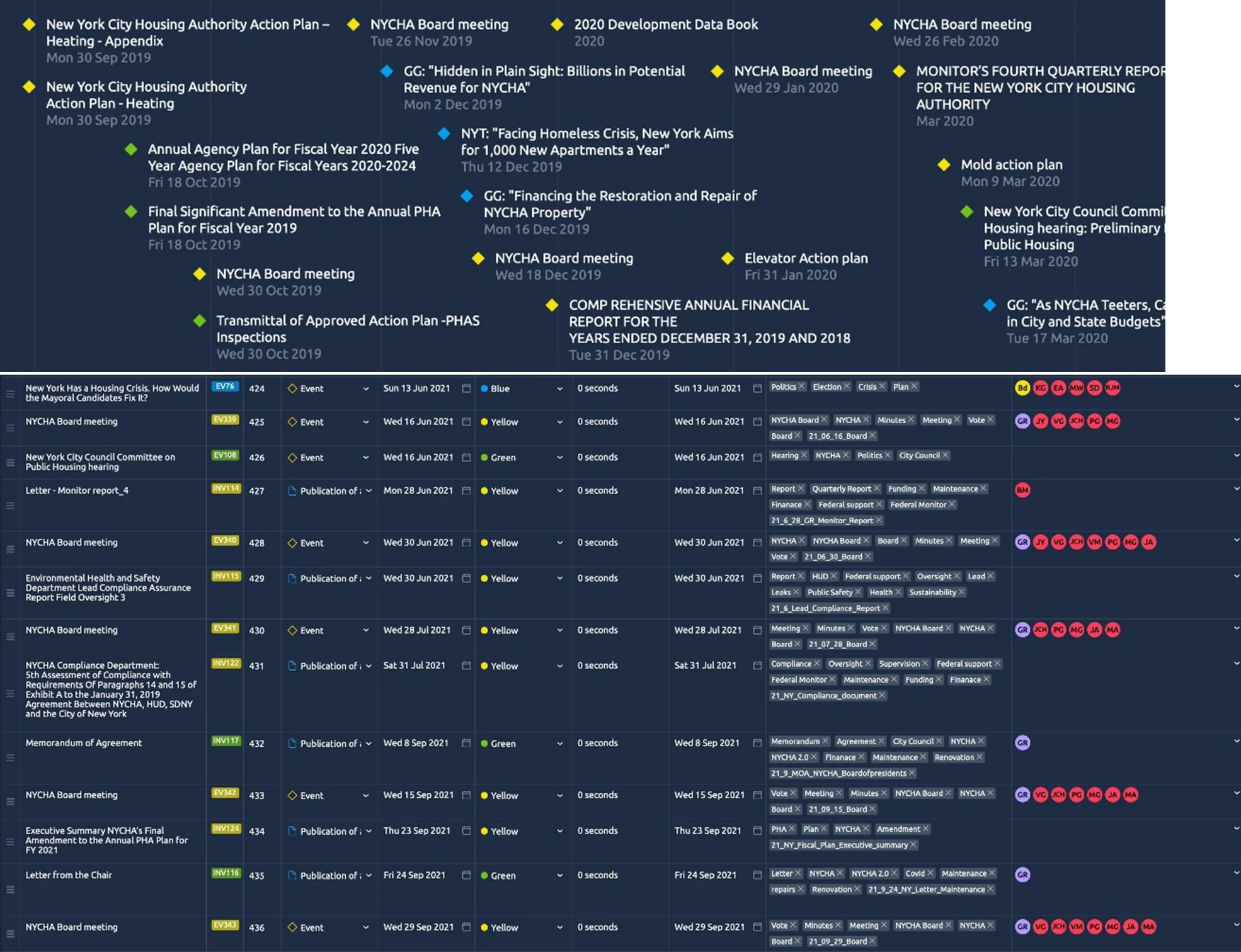Public Housing, Politics and Ideology
Faculty: Dr David Madden, Department of Sociology
Phelan US Centre Research Assistant: Jan Jakob Krüger, Department of Social Policy

Author
Jan Jakob Krüger
Department of Social Policy
Together with Dr Madden I engaged in foundational research in preparation of a journal article on the role of ideology and discourse in the development of New York City public and social housing policy.
During the past two terms of the academic year 2021/2022 I was a research assistant for Dr David Madden in the LSE Sociology Department. Together with Dr Madden I engaged in foundational research in preparation of a journal article on the role of ideology and discourse in the development of New York City public and social housing policy. It was my job to investigate the change in approach of the federal government, local government, civil society organisations and stakeholders to the crumbling infrastructure of the New York City Housing Authority (NYCHA) and how this evolved since the first Bloomberg administration.
As a research assistant I was responsible for collecting data and creating a database that was accessible, easy to use and comprehensive with all places, actions, events and actors. This mainly consisted of the collection of several different sources of data including:
- Newspaper articles
- Academic reports and journal articles
- Civil society organisation publications
- Political documents
- Publications by government agencies
The first part of my research was made up of the collection phase. In this phase I looked up several sources pertinent to the research topic such as the NYC.gov website, the HUD.gov website and the archives of the New York Times. I downloaded several sources including videos of New York City council proceedings, speeches given by the Mayor, financial reports from NYCHA or advice documents on recent developments for NYCHA tenants.
The second part of my research job consisted of analysing and organising the data. During this period I collected data on the authors, dates of publication the content of the longer, more complex files and people related to or named in the files. The objective of this phase was to create a holistic overview over all developments in New York City public housing history over the last decade with all important actors, the important sites and the power structures underlying the decision networks.
Methods
Professor Madden gave me a great deal of liberty in deciding how to conduct my work and was very open to learn about new possibilities to collect, organise, analyse and present data. After a quick search, I decided to create a timeline because of the chronological nature of the events we sought to study. The best software to create a complex, yet powerful timeline is called Aeon timeline which enables users to create events with related people, sources, abstracts, notes, images and reliabilities. Furthermore, the application includes a phenomenal tagging and labelling system making the entire timeline searchable and usable in all contexts (see images below).

This means that the timeline can be searched for any particular thread of events related to NYCHA such as the problems with lead pipes, mold in apartments, natural disasters or political gridlock in city hall, Albany or Washington DC. With more than 600 single entries, detailed reconstructions of decision-making processes about the future of NYCHA are possible. Even schedules of individual actors related to NYCHA such as all actions taken or related to Mayor de Blasio (shown below) can be reconstructed.
Results
On the basis of this research, Professor David Madden will be able to clearly understand how approaches to problems in the New York City public housing sector have changed and how the ideologies of distinct actors have changed over time. It is the intention to work on a journal article or even a book in the coming months (or years) based on the work I have done during this research assistantship. Personally, I learned about how dysfunctional the administration of NYCHA has been over the past twenty years because of a shortfall of funding, political indecision and a sheer lack of will leading to NYCHA being put under federal tutelage in the past years.
Personal Experience
I felt that this research assistantship gave me the possibility to grow significantly, both academically and as a person. Besides the interesting topic I was conducting research on, Professor Madden was always there when I had questions and even assisted me mightily in my other course work at LSE serving as a discussant of new ideas and helping me come clean to myself with exactly what questions my research is supposed to answer. I learned how to create good databases not only as timelines but in other ways as well and how to collaborate on such projects as efficiently as possible.